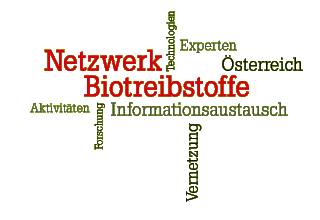ePURE´s Roadmap to decarbonize Europe`s road transport
ePURE, the European renewable ethanol association, has published a “Roadmap to 2030 - the role of ethanol in decarbonizing Europe`s road transport”. This Roadmap outlines policy measures that ePURE considers essential for Europe to harness the benefits of sustainable ethanol and its contribution to achieving Europe’s 2030 targets. The following policy recommendations are included:
SUSTAINABILITY OF BIOFUELS
Low ILUC risk biofuels, such as EU ethanol, should contribute without restriction to the 2030 targets.
Biofuels from existing investments should be allowed to contribute to the 2030 targets if they comply with the GHG thresholds set in the current legislation.
The use of palm oil and its derivatives should be prohibited in the EU until global peatland conversion is controlled.
EU agricultural cross-compliance obligations should be extended to biofuels produced from non-EU feedstock.
Existing sustainability criteria for biofuels must be maintained and extended to all bioenergy uses.
TRANSPORT FUEL EMISSIONS REDUCTION
The Fuel Quality Directive must be extended and strengthened by introducing an ambitious and binding up target to reduce the carbon intensity of transport fuels by at least 12% by 2030, of which at least a quarter should come from advanced biofuels.
Member States should be encouraged to maintain at least 10% renewable energy use in transport beyond 2020 to preserve the baseline agreed under the Renewable Energy Directive.
ADVANCED BIOFUELS
A dedicated binding target to reduce transport fuel emissions by at least 3% should be achieved solely from advanced biofuels by 2030.
Intermediate and long-term targets for advanced biofuels should be set that allow investments
FUEL BLEND SPECIFICATIONS
Higher ethanol blends should be incentivised across the fuels value chain to maximise the reduction of emissions and air pollutants further
Source: ePure
Read more


